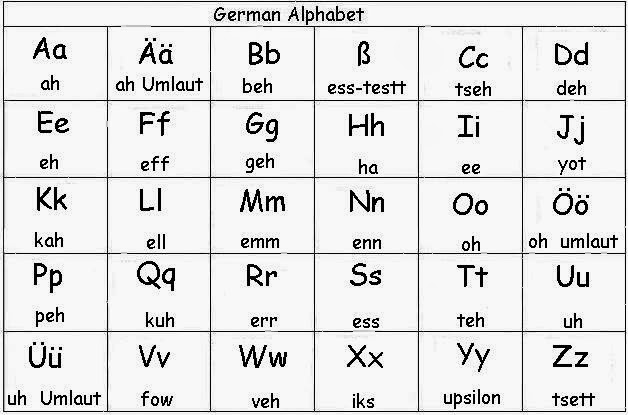The four german cases are the nominative, genitive, dative, and accusative.you can think of these as the equivalent of the subject, possessive, indirect object, and direct object in english.. the german nominative case ( der nominativ or der werfall) the nominative case—in both german and in english—is the subject of a sentence. the term nominative comes from latin and means to name (think. It may seem nitpicky, but getting german cases right can make or break your fluency. don’t worry, we’re building a strong legal case against the german language for all the pain and suffering it has caused language learners. learning german becomes fun and easy when you learn with movie trailers, music videos, news and inspiring talks. German cases in any language, a noun can play different roles in a sentence. for example, a noun can be the person or thing carrying out an action ( boy plays guitar), or it can be the person or thing affected by the action (boy plays guitar )..
The german cases. right, let’s get stuck into the heart of the german language, the cases. there are four cases in the german language: nominative, accusative, dative and genitive.. The list of verbs which take only the dative or only the nominative case is short so you can learn it in a matter of minutes. in addition to the verbs which take only the dative or only the accusative case you have verbs which can take both kind of objects at once..




0 komentar:
Posting Komentar